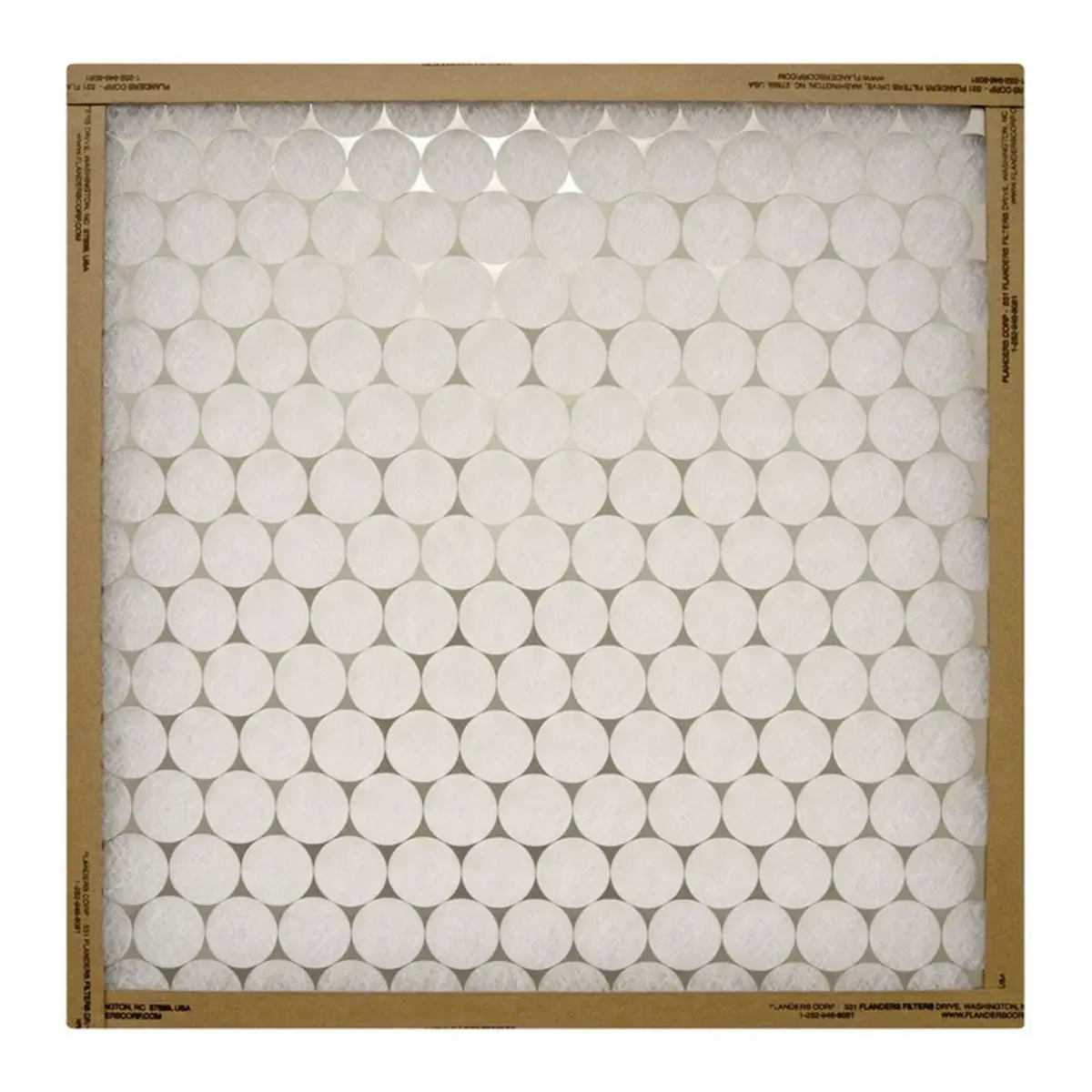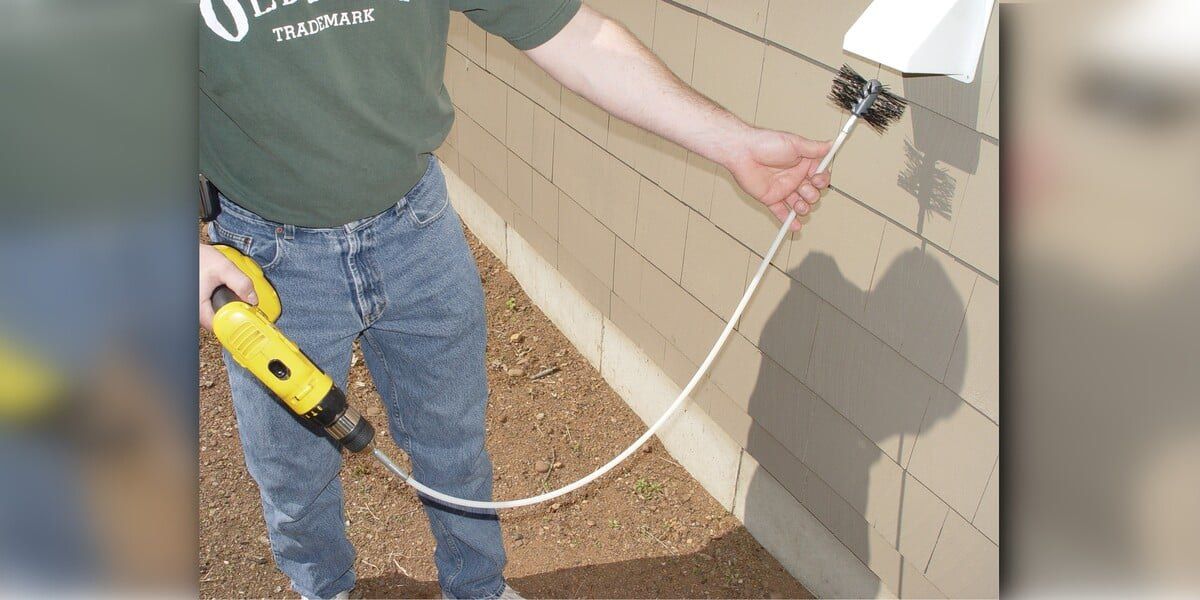
Fiberglass Air Filters: Benefits and Drawbacks
When it comes to indoor air quality, one of the most basic yet important choices is the type of air filter you use. For homeowners and building managers alike, the fiberglass air filter is often the first option encountered—largely because it’s affordable and widely available. But is it the right fit for your needs? This article breaks down the benefits and drawbacks of fiberglass air filters to help you make an informed decision.
What is a Fiberglass Air Filter?
A fiberglass air filter is a disposable filter made from layered spun glass fibers. These fibers are arranged to create a screen-like barrier that captures larger airborne particles such as dust, lint, and debris. Most fiberglass filters are about one inch thick and designed for single-use replacement every 30 days or so.
They’re commonly found in both residential and commercial HVAC systems, especially in settings where cost efficiency and simplicity are top priorities.
Benefits of Fiberglass Air Filters
Cost-Effective Choice
The most obvious advantage is affordability. Fiberglass air filters are among the least expensive options on the market. For property managers or households with multiple units, the cost savings add up quickly.
Wide Availability
Fiberglass filters are sold in nearly every home improvement or hardware store. They come in standard sizes that fit most furnaces and air conditioning units, making replacement straightforward.
Protects HVAC Equipment
While fiberglass filters don’t capture the smallest pollutants, they are effective at trapping larger particles. This helps prevent dust and debris from accumulating on the blower motor, coils, and other sensitive HVAC components. In other words, they’re designed primarily to protect your equipment rather than to purify indoor air.
Low Airflow Resistance
Because fiberglass filters are relatively thin and less dense, they don’t restrict airflow as much as higher-efficiency filters. This can reduce strain on the HVAC system, keeping energy costs lower and maintaining system performance.
Drawbacks of Fiberglass Air Filters
Limited Filtration Efficiency
Fiberglass filters generally have a low Minimum Efficiency Reporting Value (MERV), usually in the range of 1 to 4. This means they capture only the largest airborne particles. Smaller contaminants such as pollen, mold spores, pet dander, and bacteria often pass right through. For people with allergies, asthma, or other respiratory concerns, fiberglass filters provide little relief.
Frequent Replacement Required
Because of their limited particle-holding capacity, fiberglass air filters need to be replaced every 30 days, sometimes more often in dusty environments. Forgetting to replace them can reduce HVAC efficiency and lead to unnecessary wear on the system.
Not Ideal for Indoor Air Quality Goals
If the priority is improving indoor air quality—for example, in homes with young children, pets, or sensitive occupants—a fiberglass filter simply isn’t enough. Higher-efficiency options such as pleated filters or HEPA filters are better suited for that purpose.
Potential for Misuse
Fiberglass filters are often chosen based solely on price. Unfortunately, this can lead to underestimating the importance of filtration in overall building health. Relying only on fiberglass filters in environments that demand higher filtration can result in poor air quality and occupant discomfort.
Best Use Cases for Fiberglass Air Filters
Despite their limitations, fiberglass air filters are not without merit. They work well in:
Rental properties or large multi-unit buildings where budget constraints make frequent replacements more practical than higher-cost filters.
Short-term solutions when a filter replacement is urgently needed and only basic protection is required.
HVAC systems that prioritize airflow over advanced filtration, such as older units that may struggle with the resistance of thicker pleated filters.
For these scenarios, fiberglass air filters provide just enough filtration to protect equipment and keep systems running smoothly.
Practical Advice for Homeowners and Building Managers
If you choose fiberglass air filters, be proactive:
Replace them regularly. Mark your calendar every 30 days or set reminders to avoid forgetting.
Monitor indoor air quality. If occupants experience allergy symptoms or notice dust buildup, it may be time to upgrade.
Match the filter to the system. Always check your HVAC unit’s manufacturer guidelines before switching filter types, as improper filters can reduce efficiency.
Ultimately, fiberglass air filters serve as a budget-friendly option, but they’re best suited for protecting HVAC equipment rather than significantly improving indoor air quality.
Conclusion
Fiberglass air filters are the entry-level choice in the filtration world. Their affordability, availability, and equipment-protection benefits make them appealing for many homeowners and building managers. However, their drawbacks—especially limited filtration efficiency—mean they are not the right solution for everyone.
If cost is the main concern and the goal is to keep HVAC systems running without heavy strain, fiberglass air filters fit the bill. But if indoor air quality is a priority, exploring higher-efficiency alternatives may be worth the investment.
Service ac jakarta selatan: By understanding both the benefits and drawbacks, you can make the right choice for your home or building—and ensure your HVAC system performs at its best.

